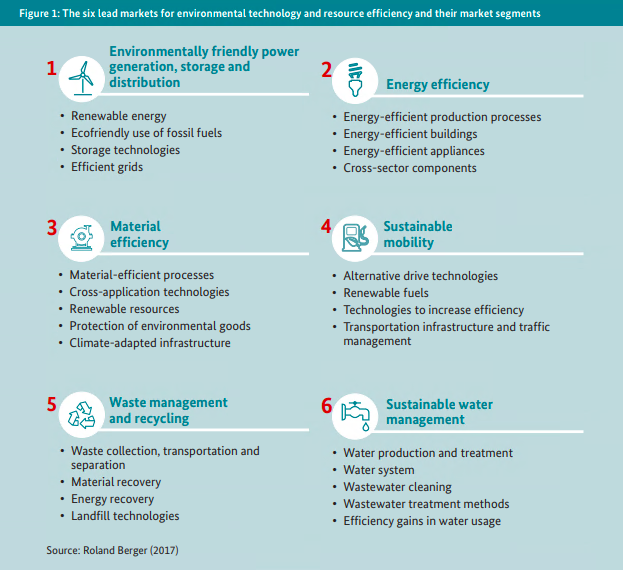The Government has shown a commitment to COVID-19 recovery and have indicated that it will make significant investment in infrastructure. The Government has tasked the Infrastructure Industry Reference Group to seek infrastructure projects that are ready to start within six months of the construction industry returning and will put forward projects to Ministers from the private and public sector.
The selected infrastructure projects will be pivotal in determining our future. To advance towards a future in which we “meet the needs of all within the means of the planet”1 we need to be courageous and we need to be active in calling upon our Government to be courageous.
The Climate Change Commission has already done this. The Commission wrote a letter to Climate Change Minister James Shaw offering to assist as the Government plans for the economic recovery following the COVID-19 pandemic. The letter encouraged the Government to put a climate change lens across the measures implemented, and noted that an economic stimulus package can either speed up or stall progress on climate change. It noted that smart investment decisions in low-emissions practices, technologies and infrastructure can create jobs and ensure that people are better off now and in the future. Whereas, investments that lock New Zealand into a high-emissions pathway will only compound today’s crisis with a future one.
The letter outlined the following six principles:
- Principle 1: Consider how stimulus investments can deliver long-term climate benefits
- Principle 2: Bring forward transformational climate change investments that need to happen anyway
- Principle 3: Prepare our workforce for the jobs of tomorrow
- Principle 4: Work in partnership
- Principle 5: Maintain incentives to reduce emissions and adapt to climate change
- Principle 6: Change how we measure the success of economic recovery.
The Commissions fourth principle: Work in partnership. Working in partnership with iwi/Māori is fundamental in reaching our future in which we “meet the needs of all within the means of the planet”1. Working in partnership could involve establishing an equal power governance model under which Māori and Crown agencies share in environment sector decision-making, or it could involve transferring power and resources to Māori communities so they can design and implement Māori-led responses. However, Māori leaders can recommend the approach that should be taken to work in partnership successfully. In regards to the Infrastructure Industry Reference Group it's important that Māori ideas, knowledge and values are incorporated into the selected infrastructure projects.
The World Bank Group have also called upon governments to be courageous in its Proposed Sustainability Checklist for Assessing Economic Recovery Interventions as half of the recommendations relate to the following:
- Impact on technologies
- Impact on natural and cultural capital
- Increased resilience and adaptive capacity
- Decarbonisation and sustainable growth, and long-term risks.
We can also draw upon overseas examples to assist us in being courageous when selecting the infrastructure projects. We want to ensure that we are thinking big and making transformational investment; the report GreenTech made in Germany 2018 may provide some helpful insight. Figure 1 from this report highlights the six lead markets for environment technology and resource efficiency and their market segments.
We have an opportunity to invest in smart, digital and green infrastructure that will mitigate climate change and protect the environment. Or we can remain with the status quo to accelerate the climate and ecological crisis.
